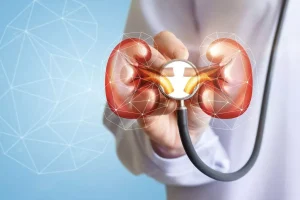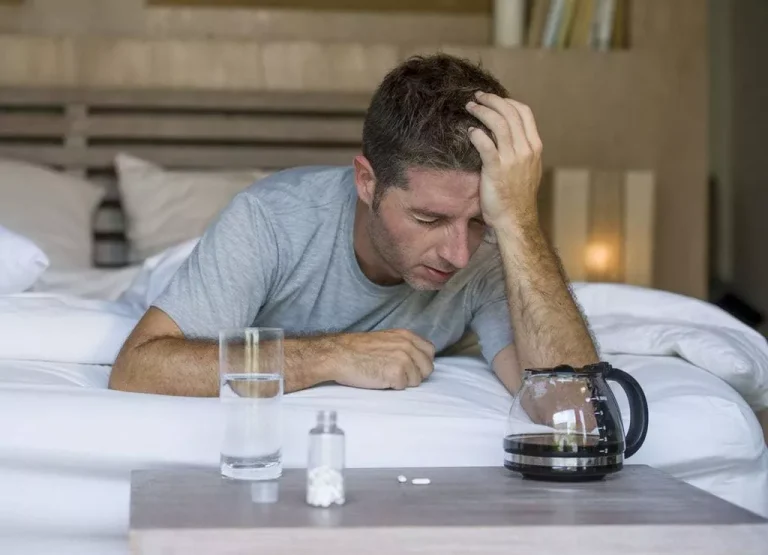This is because alcohol is a depressant, so when it’s no longer in your system, your body has more energy to work with. Some people who stop drinking may experience delirium tremens (DT). This condition is serious and may lead to symptoms such as high blood pressure, tremors, and seizures. After half a year without drinking, you will really start to reap the rewards. Your risk of developing cancer will decrease, and your liver function will have greatly improved.
Terms of Service apply.
Excessive drinking can lead to the build-up of toxic, highly cancer-causing (carcinogenic) compounds that contribute to inflammation in your body, especially in your liver. One of the most profound ways that alcohol affects you is through what it does to your body. After you drink alcohol, Volpicelli explains that the small molecules inside it get absorbed by your gut.
How Long Does Tapering Off Alcohol Take?

The main downside of tapering off is that it requires discipline. You’ll need to stick with gradual reduction every day and not revert to previous levels of consumption, otherwise it won’t work. If it’s too hard to control how much you drink each day, weaning might not be the right strategy.

grecaptcha.ready(function()
- „While for some people these structural changes are not reversible, most people are able to show less shrinkage in one to three months with alcohol abstinence,” says Volpicelli.
- If you identify with any of the scenarios above, try the expert tips below for reducing your alcohol consumption (or even eliminating it altogether).
- Recovering from alcohol addiction or abuse is much easier when you have people you can lean on for encouragement, comfort, and guidance.
- If you’re a long-term, heavy drinker, you may need medically supervised detoxification.
Take the assessment and get matched with a professional, licensed therapist. A person may require intravenous (IV) rehydration fluids to correct any electrolyte imbalances. Some people may also need supplements such as folate, multivitamin, thiamine, and dextrose. However, deep reflection may help uncover where internal triggers arise.
Tips For Quitting Alcohol
Millions of readers rely on HelpGuide.org for free, evidence-based resources to understand and navigate mental health challenges. Please donate today to help us save, support, and change lives. Support can come from family members, friends, counselors, other recovering alcoholics, your healthcare providers, and people from your faith community.

The first day is always the hardest, but it’s also an important milestone. After 24 hours without alcohol, your body will start to detoxify and you may experience withdrawal symptoms. When you’re working to quit drinking, writing can help you come to terms with and realize things about your relationship with alcohol that you didn’t know before. In theory, setting one big giant goal of “never drinking again” makes sense.

Recovering from A Drinking Episode When Your Goal is to Quit
But Dr. Streem knows that it can be hard to recognize signs of alcohol abuse in ourselves. Often, people with alcohol use disorder find that other people in their lives spot their addiction long before they do. Whatever your reason to quit drinking, know that you’re doing yourself a favor. Alcohol impacts our sleep, relationships, weight, risk for serious chronic conditions and more. Exploring, in writing, what you find difficult and when you most want to drink can help you notice patterns that offer more insight into your alcohol use.
- However, the best strategies are those that people respond to the best.
- The risk of tapering too slowly is that you won’t stick with it, while the risk of tapering too fast is severe withdrawal.
- “Once you have a sense of how much you’re drinking, it’s helpful to track how many drinks you’re having per day,” says Witkiewitz.
- That said, tapering off alcohol doesn’t completely eliminate withdrawal symptoms.
- In January 2020, more than 6 million people reportedly participated in Dry January, a campaign to reduce alcohol consumption organized by Alcohol Change UK.
- Quitting alcohol is a long process for many people, and setbacks are common.
action: ‘healthbeat’
Regular drinking can affect your body’s ability to fight infections. The first thing you have to do is take a step back and evaluate your tips to quit drinking habits. That means looking at your relationship with alcohol so you can understand why you drink, when you drink and how much you drink.
How to Know When It’s Time to Cut Back
Eliminating your access to alcohol is crucial, especially in the early days of sobriety. There will be temptations around you that you can’t control—so focus on what is in your control. Put a sticky note in places where you know you’ll need https://ecosoberhouse.com/ that extra reminder. Set a daily message alert on your phone for moments when you know you’ll crave a drink the most. Place pictures that remind you of your why around your home, in your car or on your phone and computer backgrounds.
- Alcohol can also affect digestion, storage, utilization, and excretion of nutrients.
- Mindfulness helps you gain greater distance from your thoughts and urges, making it easier to avoid falling into old patterns, and improving your overall quality of life.
- It’s important that you work with your doctor when you’re ready to stop drinking rather than trying to do it alone.
- Consider hitting the gym after work to replace having a beer.
- Once you get through that part of the process, you’ll start to feel better physically and mentally.
- For example, research shows that people will see their stress levels, relationships, work performance, and self-confidence get better when they get sober.
- This condition is serious and may lead to symptoms such as high blood pressure, tremors, and seizures.
Are you ready to quit drinking or cut down to healthier levels? These tips can help you get started on the road to recovery. Designing a supportive environment may require removing items or people from someone’s life.

